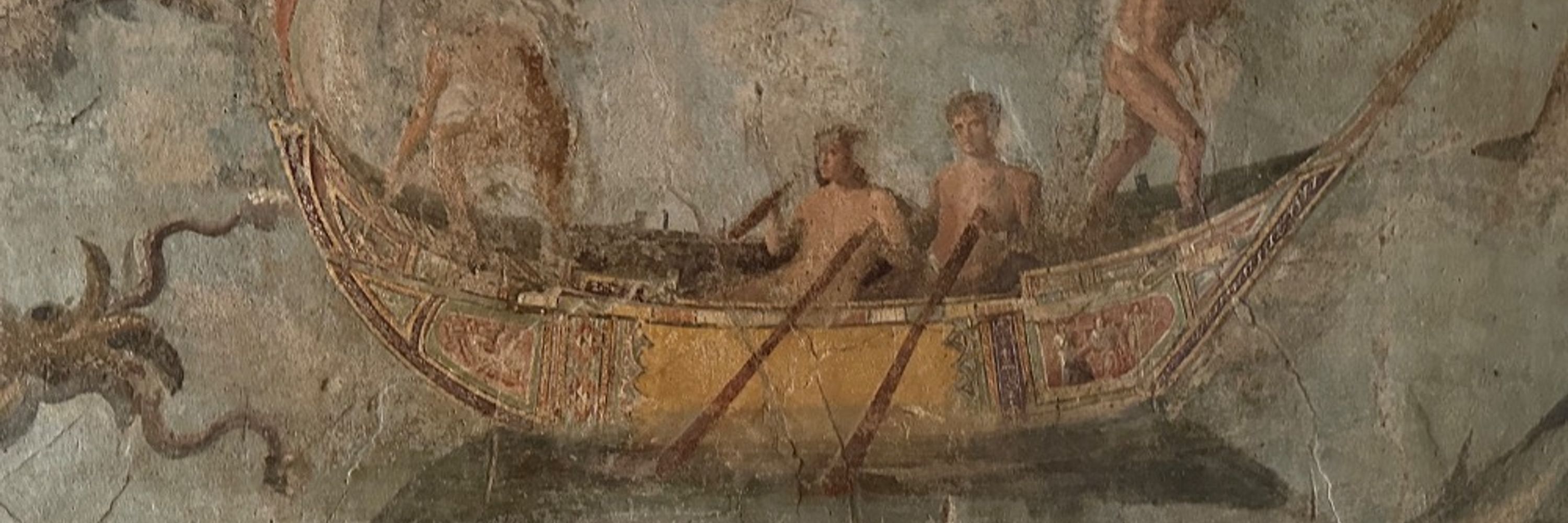
Professor. Writer. Columnist. Erratic historian. Typo Queen.
Candida R. Moss is a British public intellectual, journalist, New Testament scholar and historian of Christianity, and as of 2017, the Edward Cadbury Professor of Theology in the Department of Theology and Religion at the University of Birmingham. A graduate of Oxford and Yale universities, Moss specialises in the study of the New Testament, with a focus on the subject of martyrdom in early Christianity, as well as other topics from the New Testament and early church history. She is the winner of a number of awards for her research and writing and is a member of the American Academy of Arts and Sciences. .. more

lpts.edu/friends/graw...
Reposted by Candida R. Moss
Reposted by Candida R. Moss
Reposted by Andrew Jacobs

www.nasscal.com
Reposted by Candida R. Moss

Reposted by Andrew Jacobs

www.nationalgeographic.com/history/arti...
Reposted by Andrew Jacobs

www.nationalgeographic.com/history/arti...
Featuring astrophysicist Grant Matthews and Bible scholar @zafulotus.bsky.social



Reposted by Andrew Jacobs

www.nationalgeographic.com/history/arti...
featuring: @praxeas.bsky.social @zafulotus.bsky.social

www.nationalgeographic.com/history/arti...
Reposted by Andrew Jacobs

www.nationalgeographic.com/history/arti...
Reposted by Candida R. Moss

Biblical scholar Candida Moss wins the 2026 Grawemeyer Award for "God’s Ghostwriters," highlighting enslaved collaborators who helped shape the New Testament.
@candidamoss.bsky.social

Reposted by Candida R. Moss

www.euronews.com/video/2025/1...
Reposted by Candida R. Moss

Love how interdisciplinary work with history is finding so many contributing factors for events.
buttondown.com/ModernMediev...
Reposted by Andrew Jacobs, Candida R. Moss

We’ll walk the streets of Ephesus, visit ancient churches and synagogues, and nerd out about ancient religion together.
Spots are limited →
www.wetravel.com/trips/ancien...
Reposted by Andrew Jacobs

www.newyorker.com/magazine/202...
Reposted by Candida R. Moss

IO SATURNALIA! Our annual festive giveaway is here!
12 bundles of gifts, and all you have to do to be in with a chance of winning is:
🎄Follow us,
🎄Repost this thread,
🎄And fill out this form: forms.gle/zMcHKZqGNC...
Read on for prizes and T&Cs (UK&I only)...🧵
Reposted by Andrew Jacobs, Candida R. Moss


Reposted by Candida R. Moss

Biblical scholar Candida Moss wins the 2026 Grawemeyer Award for "God’s Ghostwriters," highlighting enslaved collaborators who helped shape the New Testament.
@candidamoss.bsky.social


